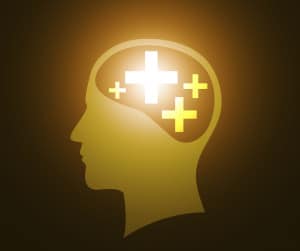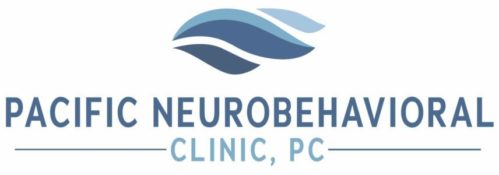What is a TBI?
A traumatic brain injury (TBI) occurs when external forces (for example, from falling, car accident, or assault) cause an injury to the brain. The injury itself can be penetration to the brain, bruising, bleeding, or stretching of the connections between the neurons (brain cells), called axons. The severity of the TBI can be graded as mild, moderate, or severe, and is determined by a number of factors from the date of injury. Sometimes, secondary injuries can result after a TBI, such as a stroke or increased intracranial pressure from swelling.
What are the symptoms of TBI? What can I expect from the recovery?
Symptoms of TBI vary greatly, depending on the parts of the brain that were affected, the severity of the TBI, and the mechanism of injury. Confusion is a common early symptom, in which the affected individual is not fully aware of the situation, and may not be oriented to the date or even aspects about themselves (for example, their age). Agitation and socially inappropriate behavior are common symptoms early on after a TBI, and are attributable to the effects of the brain injury, not necessary the patient’s personality. For moderate and severe injuries, it can take several weeks or months until the person is no longer confused and/or agitated. However, cognitive and behavioral symptoms can persist. In general, the most improvement in rehabilitation occurs in the first 6 months, but the brain can continue to recover for years after an injury. The prognosis for how much recovery a person is able to make depends on the severity of the injury.
MTBI is synonymous with “concussion.” In general, people who suffer mTBI have an excellent prognosis and are expected to make a full recovery within a month, as the brain structures are typically not permanently affected from a concussion. However, there are a minority of individuals who continue to experience symptoms beyond the period of neurological recovery, and are diagnosed as having “postconcussive syndrome.” There are a number of reasons why symptoms can persist, and a thorough neuropsychological evaluation is indicated in these cases to determine the causes and proper treatment. The neuropsychological evaluation takes into account other medical or physical conditions, side effects from medications, psychological factors, and rules out neurodegenerative conditions.
How Can a Neuropsychologist Help with TBI?
A neuropsychological evaluation is a valuable tool for an individual recovering from a traumatic brain injury. It provides the patient with detailed information about their cognitive strengths and weaknesses, which includes assessment of: memory, attention, expressive and receptive language, visual/perceptual abilities, motor and sensory functioning, and executive functions (problem solving, multi-tasking, organizing, coming up with strategy, ability to self-monitor, etc.). Knowing these strengths and weaknesses can help in directing the focus of cognitive rehabilitation and developing strategies to compensate for deficits. It can also assist in determining whether a person is able to return to work, or guide the person in finding new opportunities in which their strengths will be utilized. In the case of mild TBI as described above, a neuropsychological evaluation is the gold standard for determining treatment of postconcussive syndrome. A neuropsychological evaluation can also be performed at different points in time during the recovery process to objectively measure and track changes in cognitive functioning.
A neuropsychologist or psychologist can also provide treatment for individuals with TBI. Clinicians at PNBC provide psychotherapy to individuals with TBI who may be having difficulties adjusting to the new changes in their mental and physical functioning. TBI can be devastating to a person’s sense of self. Our clinicians can help patients go through the emotional process of grieving their losses and reaching a state of acceptance in which they can realize new meaning and opportunities in their lives. Patients are provided with education regarding their brain injury and tools to help with compensating for cognitive deficits. Often times, patients receive structured cognitive rehabilitation from a speech and language pathologist or occupational therapist at a more comprehensive brain injury treatment program.
